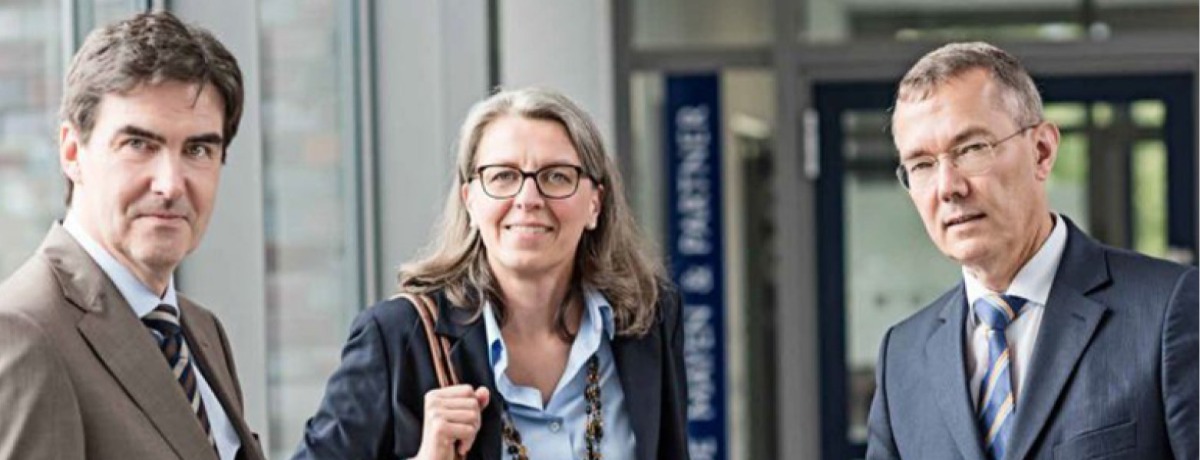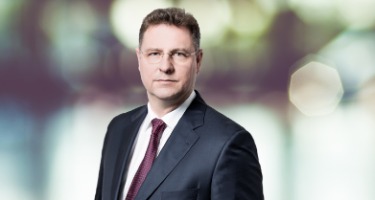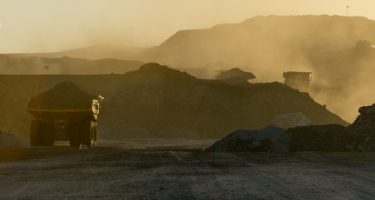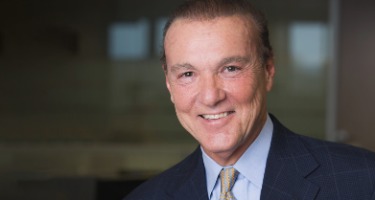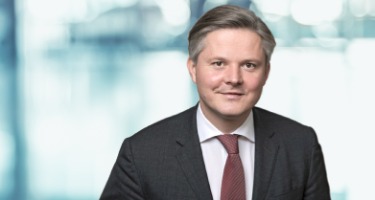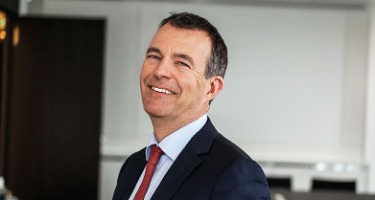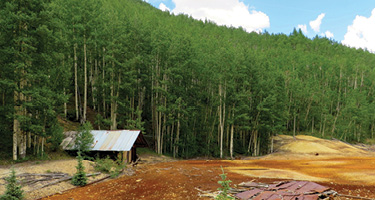This interview was conducted as part of the 2020 Edition of The Best Lawyers in Germany “Law Firm of the Year” award recognitions. Our partner Handelsblatt, also published these awards on June 27, 2019, online and in print in their June 2019 edition.
Climate policy is very much on the minds of Europeans these days—perhaps especially those in Germany, the continent’s economic colossus. Dolde Mayen & Partner, headquartered in Bonn, was named Germany’s “Law Firm of the Year” for 2020 for Environmental Law; partner Markus Deutsch sat down with Best Lawyers CEO Phillip Greer to discuss emissions agreements, client climate challenges, and why nuclear power remains (for now, anyway) a nonstarter.
How does it feel to have Dolde Mayen recognized by its peers as Germany’s 2020 “Law Firm of the Year” for Environmental Law?
Marus Deutsch: Obviously it’s quite nice, but it’s also a challenge. We’ll attempt to live up to this distinction. If you’re considered on top of the business, you have to do a lot of work well to keep the position.
The Paris Climate Agreement was a significant moment between countries to address global warming. How have companies followed their guidelines or taken steps to innovate beyond the framework?
I’m not quite sure whether the agreement has had an impact on German industry. Our clients were challenged far more by the [German government’s] nuclear-energy phase-out in 2011, which forced a lot of them to look for other business models. For example, we have, since 2011, [undertaken] a lot of planned approval procedures for new power-line quits that have forced a lot of our clients into very complicated approval procedures that take a lot of time—three to five years. These are currently more challenging than the obligations of the Paris Climate Agreement.
Has Dolde Mayen been involved in any unique cross-border partnerships that will aid in this space?
Work like this is, more or less, powered by national legislation, by EU legislation. If you require a permit for the building of a plant or for infrastructure, that’s mostly governed by national law. So we’re not very involved in cross-border transactions. We have international clients, of course, but we’re not actively looking for a cross-border relationship with other firms.
Has climate-change damage had significant effects on your clients?
It’s a very difficult issue. As I’ve said, power-supply companies have been hurt by the phasing out of nuclear energy. That means a lot of our main energy suppliers have requested compensation from the state. We’ve considered that this could happen with regard to the phase-out of coal use, which in Germany is a direct [effect] of the Paris Climate Agreement.
At the moment, though, the state is planning to compensate the power suppliers with a huge amount of money, so this will not play a major role. On the other side, the problem is that a lot of our clients—the power suppliers, for example—have to invest heavily in the national electricity grid due to the fact that we have to bring electric power produced by wind-energy plants in northern Germany to southern Germany. That’s a very heavy impact on these companies.
We’ve also seen the restructuring of power suppliers. This is mainly an effect of the additional requirements that these companies are currently facing, and I think we’ll see that in the automotive industry [as well]: stricter emissions guidelines, major production restructuring. Those have been caused not only by the Paris Agreement but have been ongoing [over] the last eight to nine years.
Some companies have been pushing for a resurgence of nuclear power. Is this even a conversation you’re having?
Not yet in the legal community, and I’m not quite sure whether this is politically feasible at the moment in Germany. You’re not very wise to discuss nuclear power plants in Germany at the moment given the political climate, and I don’t think it would [command a] majority in Parliament to reintroduce nuclear power.
How challenging has it been for your clients to adjust to the new standards being implemented?
It’s difficult to say at the moment. They have to meet very severe challenges with regard to the restructuring of the automotive industry. Once we have more electric cars, we’ll be discussing other means that will have different [effects] on the environment. For example, if you’re restructuring energy production to renewable energies like wind plants, these plants consume quite a lot of real estate. They have emissions—different emissions. They’re not very nice to look at; a lot of people don’t like them in neighborhoods, and that causes additional difficulties. The same with power lines. We’re undergoing a major restructuring of perhaps our whole society. As always with such matters, there’s a lot of room for lawsuits and legal discussions.
Are there any upcoming projects you’re particularly excited about?
We’re very heavily involved in the phasing out of the coal industry and the production of energy using coal. That means we have a lot of “open mining areas,” where you’re taking coal out of the ground and producing huge holes—kilometers long and far. These will be shut down, requiring huge planning procedures. That will keep us busy.
This interview has been edited for length and clarity.
